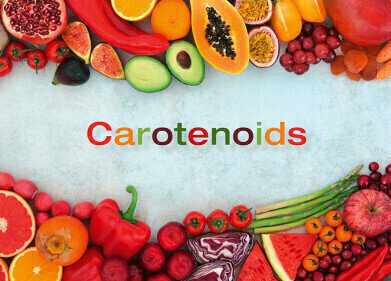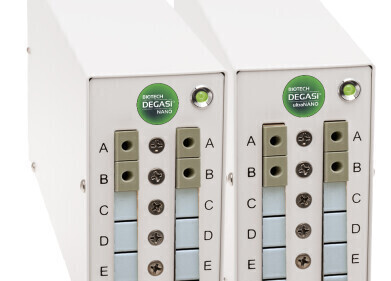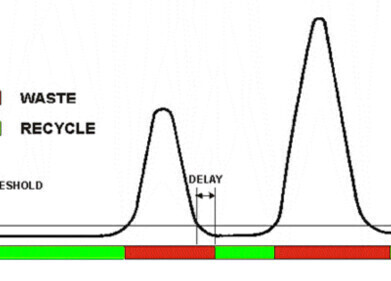HPLC, UHPLC
Chromatography Finds that Frying in Extra Virgin Olive Oil is Healthy
Mar 07 2016
Who doesn’t love fried food? Whether it’s a traditional Sunday morning fry-up, a plate of chicken wings or a good old-fashioned bag of chips, most of us crave fatty food — indeed we are genetically predisposed to want fatty food. However, we’ve all been told by nutritionists, doctors and governments that too much fried food is bad for our hearts and our health in general.
However, a new study conducted by the University of Granada in Spain has found that cooking food in extra virgin olive oil (EVOO) might actually impart some beneficial qualities to fried food.
How the Study Worked
Before you get all excited and dig out the chip pan, it’s not all good news. The type of frying involved in these experiments isn’t of the deep-fry variety, and nor should it be indulged in on a regular basis. However, the study — published in Food Chemistry — did uncover a possible reason why people who eat a Mediterranean diet generally seem to suffer from less health risks.
By taking 120g batches of pumpkin, tomato, potato and aubergine and cooking them via three different techniques (boiling in water, frying in EVOO and cooking via a mixture of the two), the team were able to determine what effect this had on the food. They did this by analysing the samples before and after cooking using high-performance liquid chromatography (HPLC). a sophisticated technique capable of breaking down and identifying the individual components of a compound.
HPLC is a commonly used technique in the food industry as discussed in the articles, Sample Preparation for HPLC Analysis of Confectionery and Analysis of Artificial Colorants in Various Food Samples using Monolithic Silica Columns and LC-MS.
What the Study Found
This latest study uncovered some remarkable results. Though frying in EVOO was concluded to have raised the fat contents of the foods tested — it also raised the beneficial phenolic content of the foods. The phenolic compounds found in olive oil appeared to be transferred to the vegetables during the frying process, raising the phenolic levels for consumption.
The elevated phenolic levels can boost the antioxidant effect of the food, leading to a number of beneficial health implications, including:
- reduced risk of stroke, heart disease and other coronary problems,
- improved the health and robustness of the gut, and
- slowed down the cerebral aging process.
Interestingly, another study from last year found that cooking in olive oil and EVOO also reduces the risk of carcinogenic fumes arising during the actual cooking process itself. When compared to canola oil (an olive oil substitute produced from rapeseed), EVOO and olive oil emitted negligible amounts of volatile fumes.
As a result, it seems like choosing EVOO is the way to go when cooking your next fried meal. Just don’t forget the vegetables, okay?
Digital Edition
Chromatography Today - Buyers' Guide 2022
October 2023
In This Edition Modern & Practical Applications - Accelerating ADC Development with Mass Spectrometry - Implementing High-Resolution Ion Mobility into Peptide Mapping Workflows Chromatogr...
View all digital editions
Events
Apr 23 2024 Kintex, South Korea
Apr 23 2024 Seoul, South Korea
Apr 28 2024 Montreal, Quebec, Canada
May 05 2024 Seville, Spain
May 15 2024 Birmingham, UK














